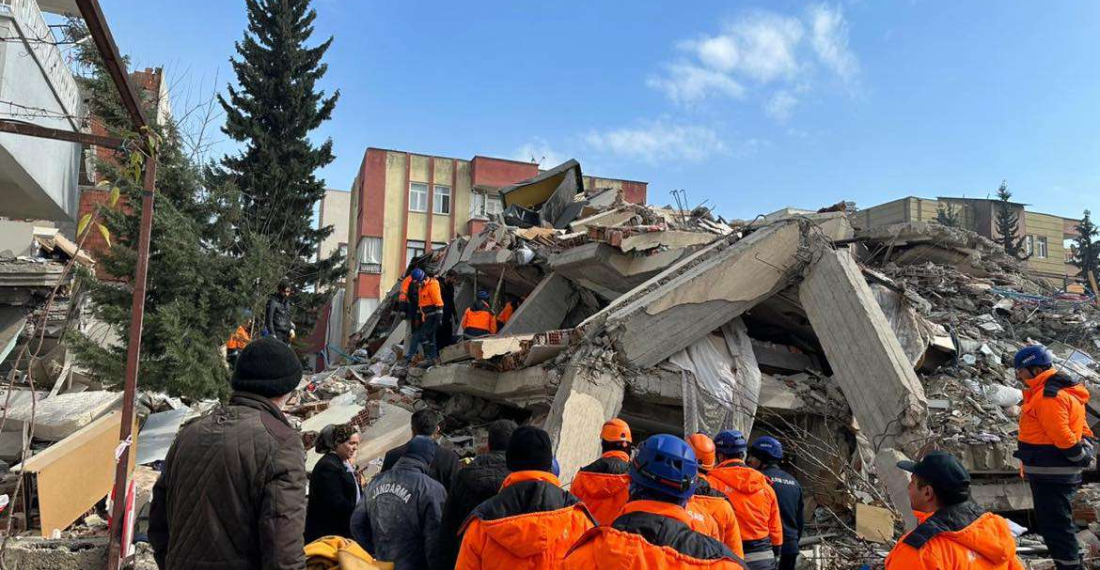The earthquake that hit Turkey and parts of Syria on 6 February was a massive tragedy. As of Thursday (16 February) it has left nearly fifty thousand people dead, many tens of thousands injured and millions affected directly or indirectly. The world rallied around the beleaguered communities, putting aside political differences and diplomatic obstacles.
The impact of the earthquake on Turkey was enormous. Ten out of eighty one Turkish provinces were affected, and some Turkish towns were wiped away almost completely. Humanitarian aid started pouring into Turkey from every part of the world.
The contribution of one small neighbouring country was particularly significant, not only as part of the humanitarian effort, but also for its political and diplomatic symbolism. Armenia and Turkey have had a difficult relationship for decades. The two neighbouring countries do not have diplomatic relations. Their borders are closed. Recent attempts to normalise relations appeared to be moving at very slow speed – both sides having to manoeuvre around many sensitive issues, and a heavy baggage of history. It took an earthquake to jolt relations out of decades of animosity.
Within hours of the earthquake tragedy, Armenian Prime Minister Nikol Pashinyan expressed sympathy and solidarity and offered assistance. Despite the fact that he was criticised by the usual suspects of chauvinist nationalists, Armenia proceeded to send a rescue team to Turkey to help with the relief effort. Other steps followed. The gates of the border that had been closed for more than 30 years swung open to allow trucks with humanitarian aid to move between Armenia and the earthquake affected regions.
On 15 February, Armenian Foreign Minister, Ararat Mirzoyan visited Ankara for talks with his Turkish counterpart, and afterwards visited the Armenian rescue teams in the disaster hit regions. Turkey accepted the assistance and the visitor with open arms and gratitude.
These symbolic small steps in the middle of a massive human tragedy now need to be translated into tangible action. Two steps now need logically to follow: the first is that Turkey and Armenia need to establish diplomatic relations and set up embassies in their respective capitals; the second is that the land border between the two countries needs to open, even if the process is spread incrementally over a twelve month period.
The earthquake has broken the taboos of the past. It is important they will not be allowed to set in again, and the opportunity created by the tragedy should not be squandered.






